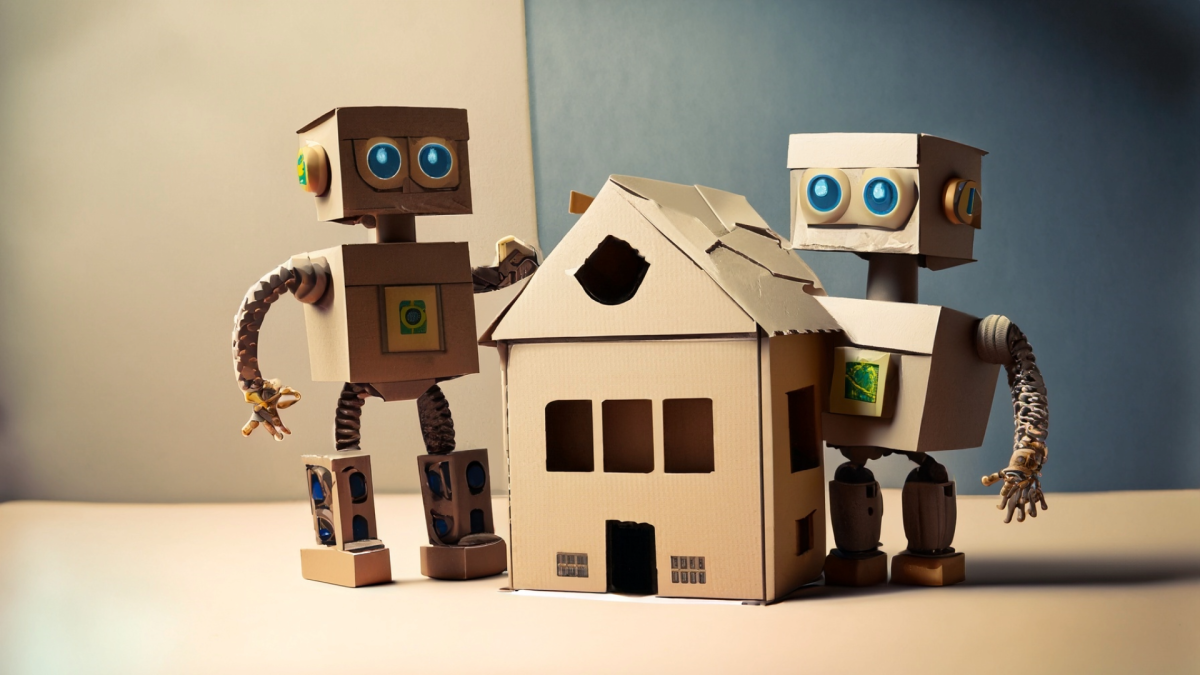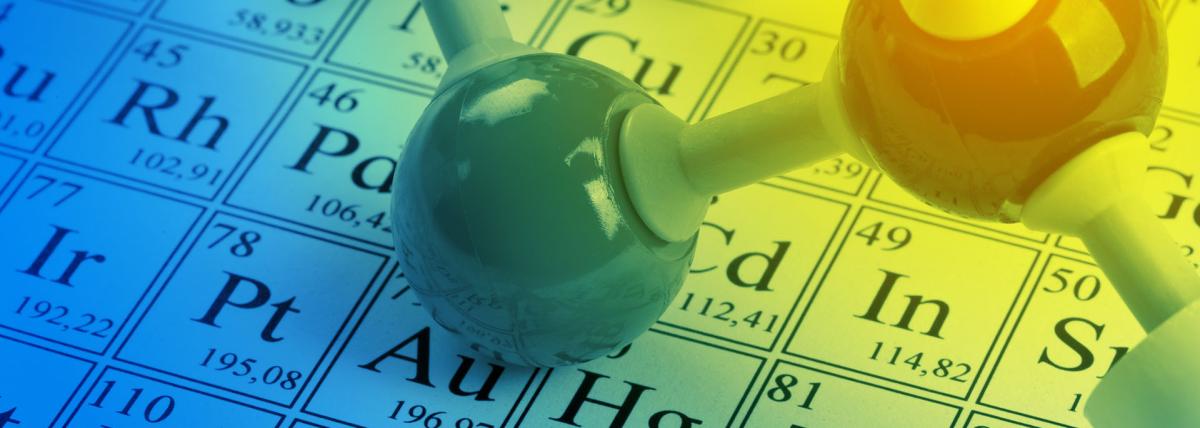This lesson is a continuation of learning where we will be able to place a greenhouse on the school grounds. The students are an active part of this process. This lesson includes discovery of how much
Lesson plan integrating Arizona Science and ELA standards for comparing and researching animal cells and plant cells, followed by a creative video project where students personify the parts of a
This lesson uses common foods to study the chemical compounds found in foods, both natural and synthetic.
Students will explore mathematical rules for combining fractions with unlike denominators by modeling equivalent resistance calculations for resistors wired in parallel electrical circuits. Using a
Students will survey the area around their school for Buffelgrass.
Students will compare Eind vs. Solar by using two kits from Thames & Kosmos.
Students use a 2-D physics sandbox, called Algodoo, to simulate the factors that might affect the period of a circular orbit of a planet about a star. Students develop Kepler's 3rd Law conceptually by
Creating a photosynthesis model out of clay or play-doh and making a video/podcast as an expert panel to provide information and discussionm.
In this 3 day lesson plan, students will discover the relationships between the sun, earth, moon, solar/lunar eclipses and the tides.
In this unit, students will explore the interdependencies in a system and uncovers circular causal connections. Students will use a stock-flow game, specifically the “Mammoth Game” to simulate how
This is the first of two lessons. The focus is to engage students in the hands-on activity of growing corn in water and study the germination process. Students will discuss and learn about the
In this unit students will observe how elements within a system changes over time, generating patterns and trends that affect the ecosystem of bees. Students will use Stock-Flow Maps to show the
Students will build a model of a riverbank inside of a liter bottle. They will use different materials to improve the riverbank and lessen the erosion. Students will research and investigate what
Students will investigate the geological features of the Santa Catalinas. Specifically the phenomenon of Catalina Gneiss. Students will research the formation of the Tucson basin and Santa Catalinas
Create potential for masses or charges. Students get to create 3D models of these potential and gain a deeper qualitative representation of why masses or charge move towards lowest potential.
This project allows students to research and "sell" the Sharks and their competitors on their energy or fuel source. A strong emphasis on research is embedded with the ability to interject with daily
In this lab students will observe how five different ice cubes react while melting. Each ice cube is made of a different liquid (matter). They will then collect their data on length, height, and
Using The Wild Robot by Peter Brown as provocation, students will develop a project integrating math, science, engineering and ELA standards. Students will build a robot prototype and take it through
This set of lessons allows students to model the decay chains of radioactive isotopes and relate the mathematical patterns and scientific concepts together in a innovative and interactive way.
This lesson is part 2 of 2, Days 3 and 4. This lesson is set up to have students explore the friction bridge designed by Leonardo Da Vinci. Students have discovered the inventor and become familiar
A middle school STEM lesson using art to introduce slope.
Students will learn about hibernation and adapting to the winter cold. They will build shelters with different insulating materials so that their animals do not get cold. They will then do a gallery
This lesson is part 1 of 2. This lesson is set up to have students explore the friction bridge designed by Leonardo Da Vinci. Students first discover the inventor and become familiar with his life
Get ready for the opportunity to experience the life of a scribe in 2000 B.C.E. During this productivity lab and inquiry, students explore how new knowledge and new technology can impact a workers
Featured Lesson Plans
Check out these notable lesson plans.

Shelter From the Sun
Kindergarten students explore earth materials to find out how the sun and other heat sources change their temperature. The students use what they learn in order to choose earth materials that would be

OMG! Empirical Formulas
Students will discover the Empirical Formula for the synthesis of Magnesium and Oxygen through a laboratory experiment in which they will react Magnesium Ribbon with atmospheric Oxygen by super

In this lesson, students will explore the concepts of gear ratios and proportions. They will construct a working gear system and observe how the ratio between gears affects their motion. They will use
